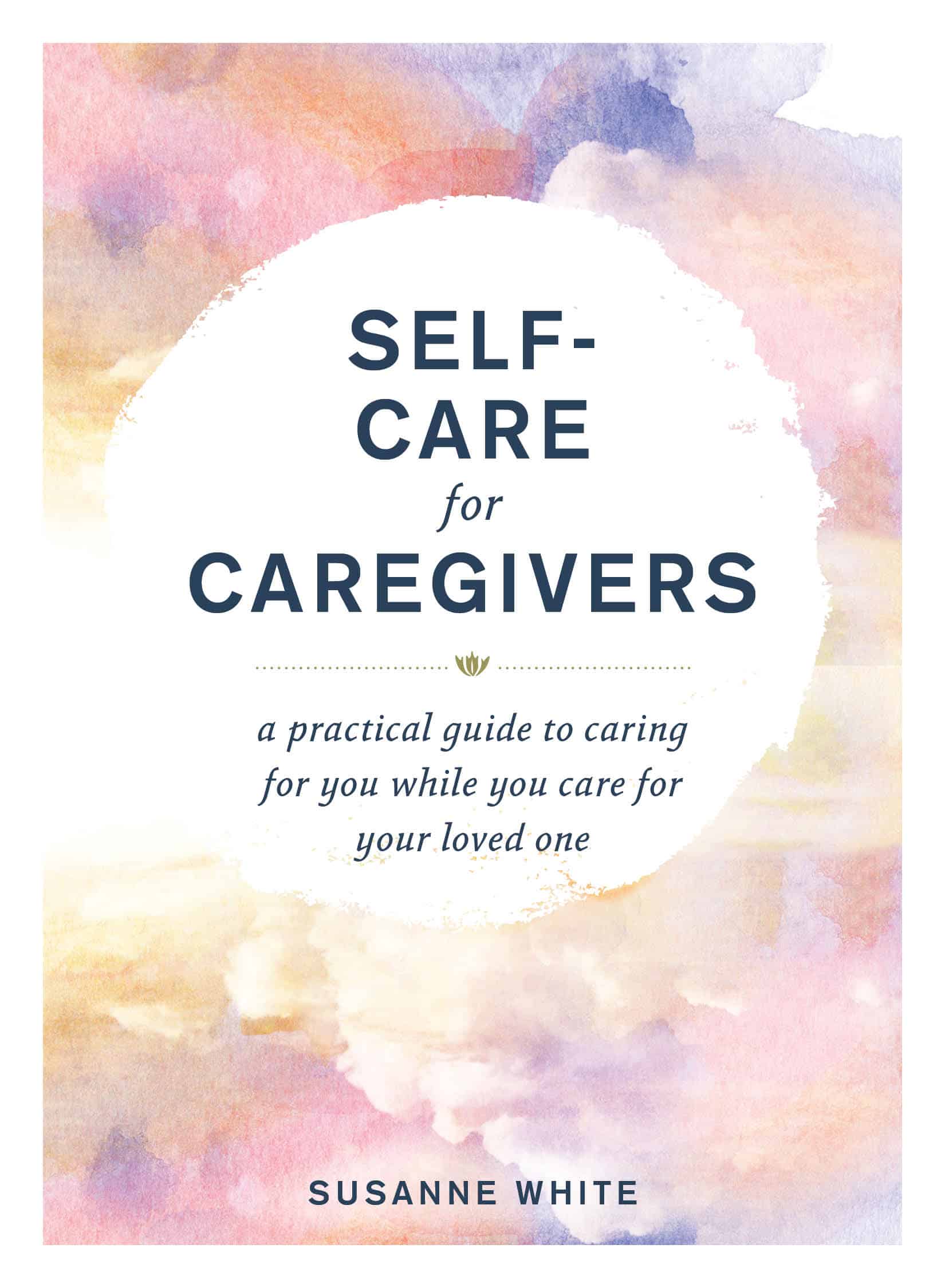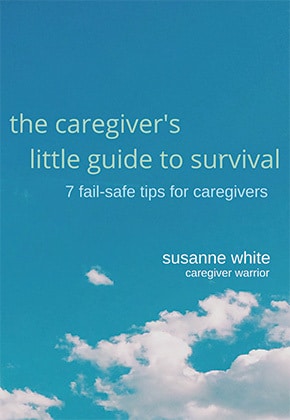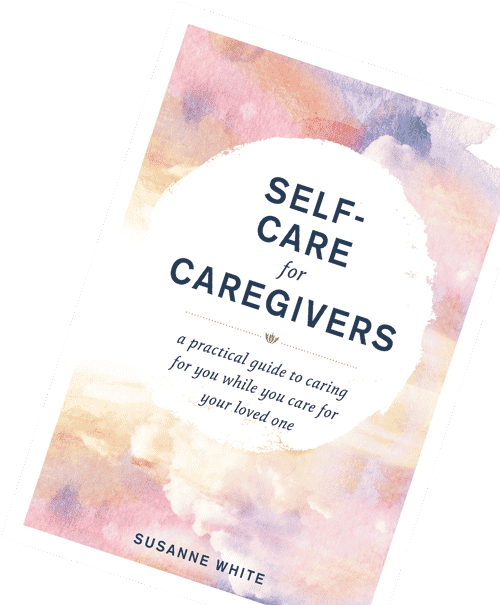Everyone I cared for triggered me emotionally. Sometimes I would feel insulted, sometimes I would feel ashamed, and sometimes my feelings would be so hurt I would burst into tears. It came with the territory for me because I cared for my parents and had a historically rocky relationship with my Mom and then I later cared for a family member who was an active addict.
Not everyone will have the histrionics or the dysfunction of addiction to deal with but most relationships have normal little bumps in the road and sickness, worry and pain can cause even the most gentle of patients to be grumpy at the very least. When you add in exhaustion and burnout of the caregiver, we can have a messy emotional mix that feels awful. So being triggered emotionally is bound to happen. Having our buttons pushed and then feeling a wide range of emotions from guilt to anger is not unusual but can feel pretty uncomfortable. My least favorite tactic that can trigger me big time is the shame and blame tactic, where I get blamed and then shamed for something I had nothing to do with.
I like to share a few tricks I use when I feel myself off and running after being emotionally triggered. I can’t stop being triggered or having my buttons pushed but I can respond rather than react and be easier on myself and everyone else.
Be aware and observe
This can be extremely hard to do but with practice, it gets easier and happens faster. Get in touch with how you are feeling. If all of a sudden someone says something or does something that upsets you in any way, be aware. Make note. Check out what your mind and body are doing. Is your heart racing, is your stomach in knots are you blushing? Rather than wanting to strangle someone, step back and observe what’s going on for you. It almost as though you are watching what is happening from a distance and something very interesting is going on. Awareness and observation can actually diffuse the power of your immediate reaction. This can give your brain the job of watching you and what’s going on, softened the blow and help you take it all less personally.
Help yourself out
Help yourself out by focusing on your breathing. Take some deep breaths. Think of something that makes you relax. Take a break. Leave the room or the situation. For instance, I’ve said: “Oh I’ll be right back”, and then left with no further explanation. I’ve even left a meeting that way and never went back! And the sky didn’t fall in. I would never suggest walking away from a situation that would leave someone we care for in danger, but in general, if we can take a time out and regroup we will always feel better, faster. Anything we can do to give pause to our reaction will help us.
Think about it
I don’t ever think out triggers go away, but I believe we can cope with and handle our reactions in a way that will make it easier on ourselves. We can find new tools that work for us and new conversations we can have with ourselves if we begin to understand why that comment made us so mad or wounded us or why we took that so personally when in fact our loved one is probably not meaning to be nasty or angry with us they are just angry at the world. Taking on the blame for someone who is acting out (when it has nothing to do with us) is a trap we can get into because of old relationships or patterns. Don’t take the blame. Examine the actual exchange or underlying reason they are being so difficult. Then think about why it affected us so much. Figuring out why we are so sensitive or what need is not being met can help us be prepared in the future, and more understanding of ourselves and our reactions in the present.
Treat yourself with love and respect
Instead of walking away from being triggered saying or thinking you should have said or done this, that, or the other thing, recognize your ability to be civil and courteous. Give yourself credit for surviving what might feel like an attack or emotional tsunami that came out of nowhere. Honor your attempts to understand the root of why you react to certain behaviors and how you are beginning to cope with being triggered. This is a process and you will get better at it.
Accepting your discomfort as warranted and understandable opens the door to being compassionate with yourself and healing will begin. Everyone has triggers. You are not alone. You will get better at managing and coping with your reactions and how you respond will get better with time and practice. Good luck!
Let me know if you have any secret sauce or coping tactics you use when you get emotionally triggered! As always your feedback means the world to me!










0 Comments